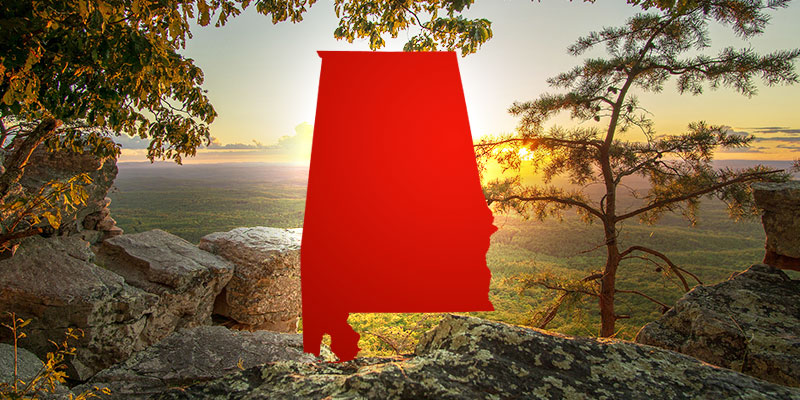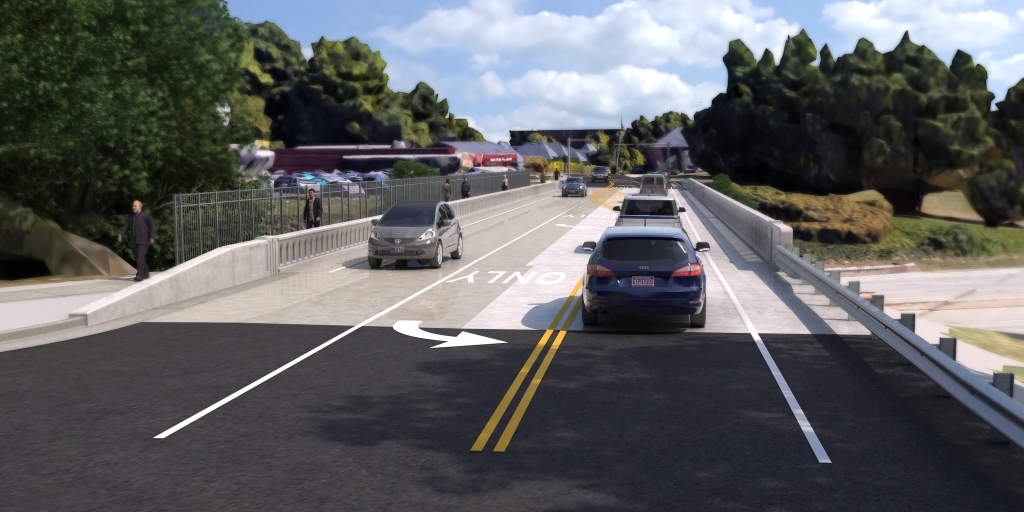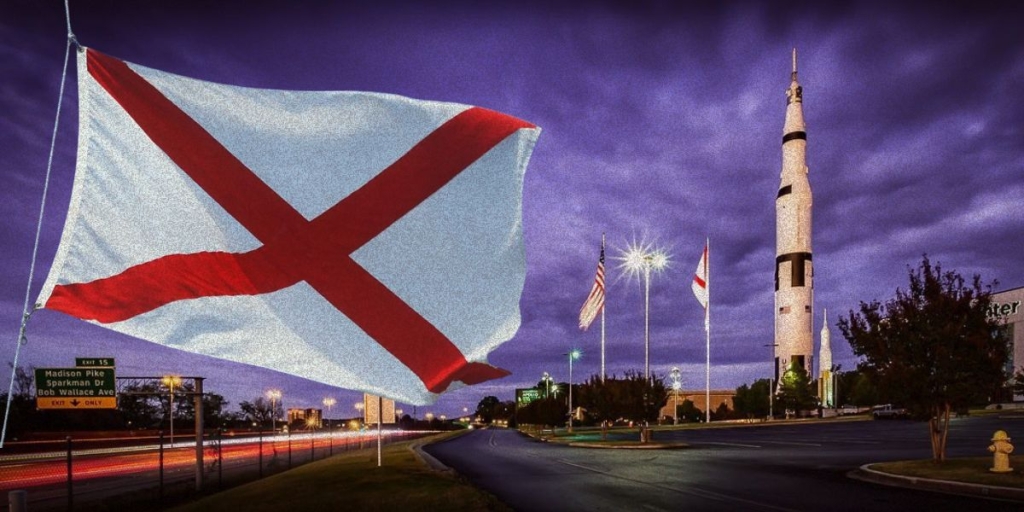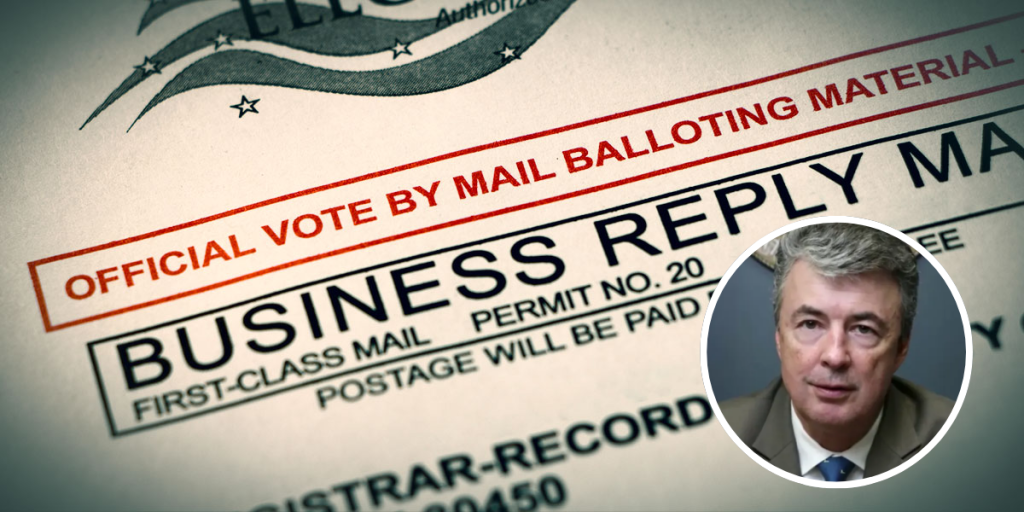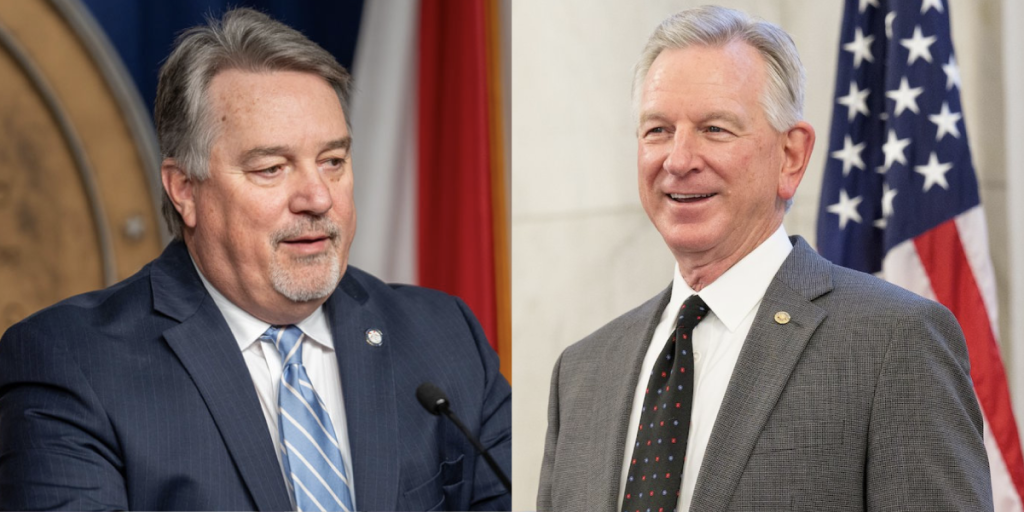U.S. Secretary of the Interior David L. Bernhardt announced this week that 59 counties in Alabama will receive a total of $1,477,641 in Payments in Lieu of Taxes (PILT) funding for 2020.
In a statement, Bernhardt said these types of payments “will help small towns pay for critical needs like emergency response, public safety, public schools, housing, social services, and infrastructure.”
Federal lands are exempt from taxes. Simply put, PILT provides payments to counties to offset losses in property tax revenues and also to reimburse counties for the critical services they provide on that land.
Per the Department of Interior (DOI), PILT payments are made annually for tax-exempt federal lands administered by DOI agencies, including the Bureau of Land Management, the National Park Service and the U.S. Fish and Wildlife Service. Payments are also made annually for lands administered by the U.S. Department of Agriculture’s U.S. Forest Service, for federal water projects and for some military installations.
Using a statutory formula, the annual PILT payments to county governments are computed based on the number of acres of federal land within each jurisdiction and on the population of that jurisdiction.
The funding stems from DOI collecting revenues from commercial activities on federal lands, such as oil and gas leasing; livestock grazing; and timber harvesting.
Alabama’s latest annual PILT total is up from last year ($1,375,444) but still down from 2018 ($1,592,542).
According to DOI, individual county payments may vary from year to year as a result of changes in acreage data, which is updated annually by the respective federal agency administering the land; prior-year federal revenue sharing payments reported annually by the governor; and population data, which is updated using information from the Census Bureau.
Conecuh, Etowah, Geneva, Jefferson, Lee, Marshall, Shelby and St. Clair Counties were the only counties in Alabama not receiving PILT payments in 2020.
Winston County received the most funding. For 90,069 acres, the county received a $181,008 PILT payment.
It was followed by Cleburne County ($176,909 for 98,910 acres) and Lawrence County ($171,829 for 90,272 acres).
Coffee County received the lowest non-zero PILT payment in the state ($113 for 40 acres).
You can view Alabama’s county-by-county breakdown here.
The PILT announcement came after Bernhardt recently visited federally-managed lands on Alabama’s Gulf Coast.
Sean Ross is the editor of Yellowhammer News. You can follow him on Twitter @sean_yhn




